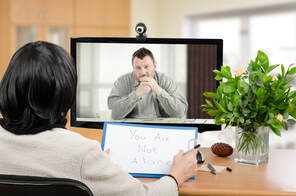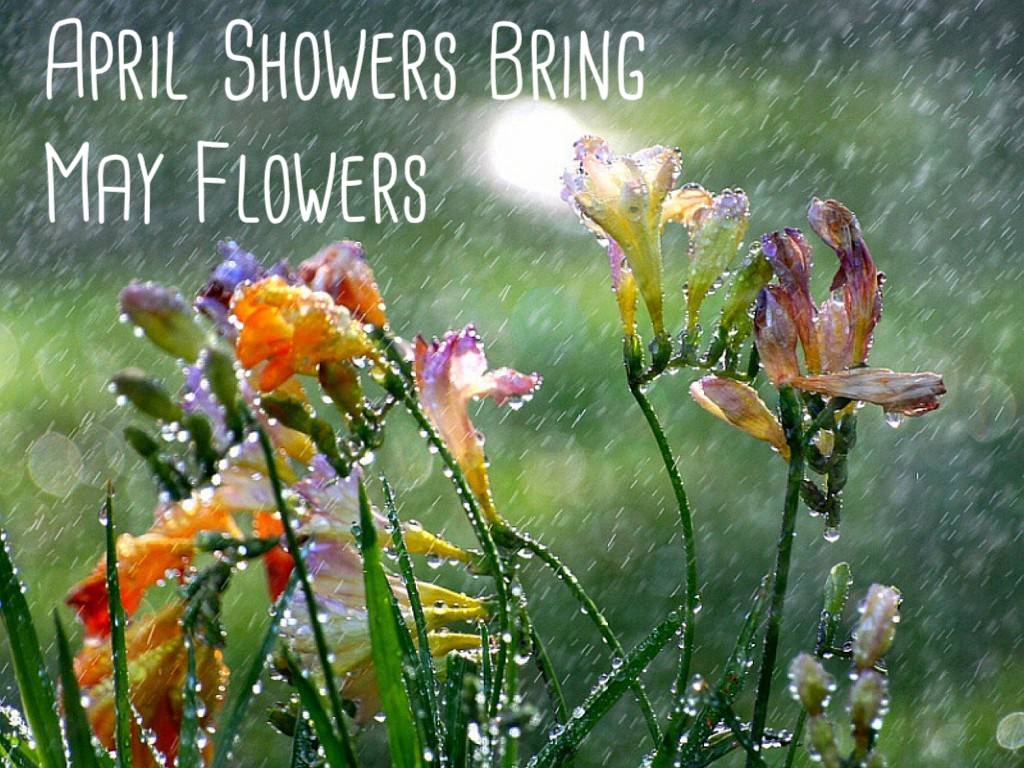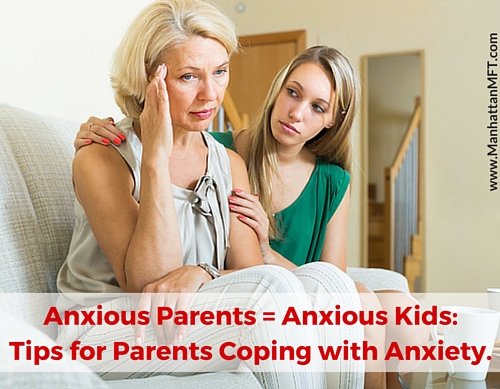 By Sarah Trance, LMFT If you’re a therapist or mental health counselor, you’ve likely been thrusted into virtual sessions during COVID-19 and I know it's not ideal. I think we can all agree that face-to-face sessions feel better to us; our norm in many ways, and during time of crisis and chaos, it makes sense to crave your normal. But, we’re in a time where it’s vital to focus on the silver linings! I'm learning that there can be some great aspects to telehealth including our ability to have access and give care to our clients, continuously. So, how do we make this work?! I've compiled some tips over the last few weeks based on my own experiences, feedback from colleagues and open dialogue with clients on how to transition to or begin virtual sessions:
situations. This isn't going to be possible for all clients so how can you process with them what will and will not work? -Be straightforward in what you're hoping for, set your boundaries but be willing to be flexible – it’s needed right now! -Make note of something that feels like a ‘clinical issue’ versus ‘necessary’ during this time (re: what does it mean if the client is eating during session or are chatting from their bed?  By Sarah Trance, LMFT We’ve begun settling into the new normal in NYC and the Greater New York area. Many are already experiencing cabin fever and feeling ‘stir crazy’ with the daunting idea of time. Scott Kelly retired NASA astronaut, wrote a great article in the NYTimes about how he dealt with isolation and encourages us all to remember that we are connected. Although we realize that tidying-up is a great way to clear your mind and feel organized, not everyone has that bandwidth at the moment. Take a look at some tips we’ve collected throughout the week the help you find some calm and connected moments in spite of social distancing.
 by Sarah Trance, LMFT During trying times, why does it seem that we lose compassion? Fear and anxiety as a collective group can trigger characteristics that we don’t usually see in ourselves and that we don’t really like. David Brooks has a recent article in the New York Times around the history of pandemics and its effect on collective culture. When compassion dies, it seems that we lose collectivist needs and shift to individualistic ideals like buying all of the toilet paper and hand soap, continuing to travel to the office for fear of lost business, and battling our fellow neighbors in Facebook commentary about the need, or lack thereof, to close schools.
|
Categories
All
Archives
March 2023
|
[email protected]





 RSS Feed
RSS Feed